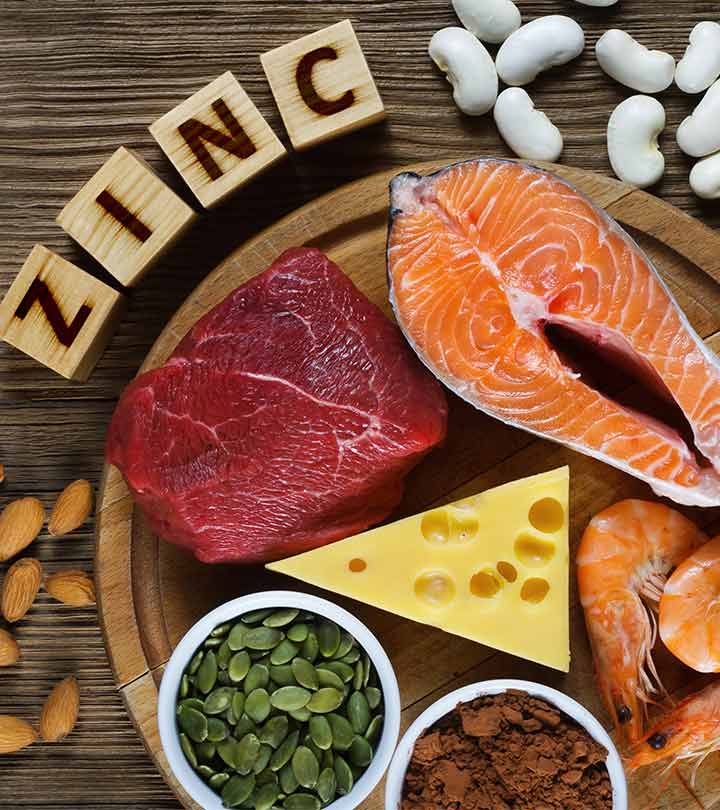
Unveiling the Essential Mineral: Exploring the Remarkable Benefits of Zinc
Zinc, often referred to as a "trace mineral," might be small in quantity, but its impact on our health is nothing short of significant. Found in various foods including Vitaminis Immune Support (with as much zinc as 4 avocados!), zinc plays a crucial role in numerous bodily functions. In this blog post, we will delve into the diverse benefits of zinc, shedding light on why this unassuming mineral is a vital component of overall well-being.
Zinc is renowned for its immune-boosting properties. It plays a pivotal role in the development and functioning of immune cells, including white blood cells and natural killer cells. These cells form the first line of defense against infections and illnesses. Zinc aids in maintaining the integrity of the skin and mucous membranes, acting as a barrier against pathogens. Adequate zinc levels are associated with a stronger immune response, making it an essential nutrient for fighting off colds, flu, and other infections.
- Cell Growth and Repair
The mineral is an indispensable element in cellular growth and repair processes. It is involved in DNA synthesis, cellular division, and protein synthesis. This makes zinc crucial for the growth and maintenance of tissues, making it particularly important during periods of rapid growth, such as childhood, adolescence, and pregnancy. Additionally, zinc contributes to wound healing by promoting cell regeneration and tissue repair.
- Cognitive Function
Zinc plays a role in cognitive function and brain health. It is involved in neurotransmitter signaling, which affects mood, memory, and learning. Research suggests that zinc deficiency can impact cognitive development in children and may contribute to cognitive decline in older adults. Adequate zinc levels support optimal brain function and may help maintain cognitive health throughout life.
- Antioxidant Defense
Zinc is a component of numerous antioxidant enzymes that help combat oxidative stress and free radical damage. Oxidative stress is implicated in various chronic diseases, including cardiovascular disease, cancer, and neurodegenerative disorders. By bolstering the body's antioxidant defense system, zinc contributes to reducing the risk of these health conditions.
- Hormone Regulation
Zinc plays a role in regulating hormone levels and function. It is involved in the production and release of hormones such as insulin, which controls blood sugar levels, and testosterone, a key hormone in reproductive health. Adequate zinc levels are essential for maintaining hormonal balance and overall endocrine system health.
- Skin Health
Zinc is often used in skincare products for a good reason. It supports skin health by aiding in the production of collagen, a protein that promotes skin elasticity and wound healing. Zinc's anti-inflammatory properties also make it effective in managing skin conditions like acne. Topical applications of zinc have been shown to alleviate symptoms and promote healing in various skin disorders.
From immune system support to cognitive function and beyond, the benefits of zinc span across a wide spectrum of health aspects. Ensuring an adequate intake of this essential trace mineral is crucial for maintaining optimal well-being. Incorporating zinc-rich foods into your diet, such as lean meats, nuts, seeds, whole grains, dairy products and Vitaminis Immune Support, can help you meet your zinc needs. If you're concerned about your zinc levels, consulting a healthcare professional before considering supplementation is recommended.
